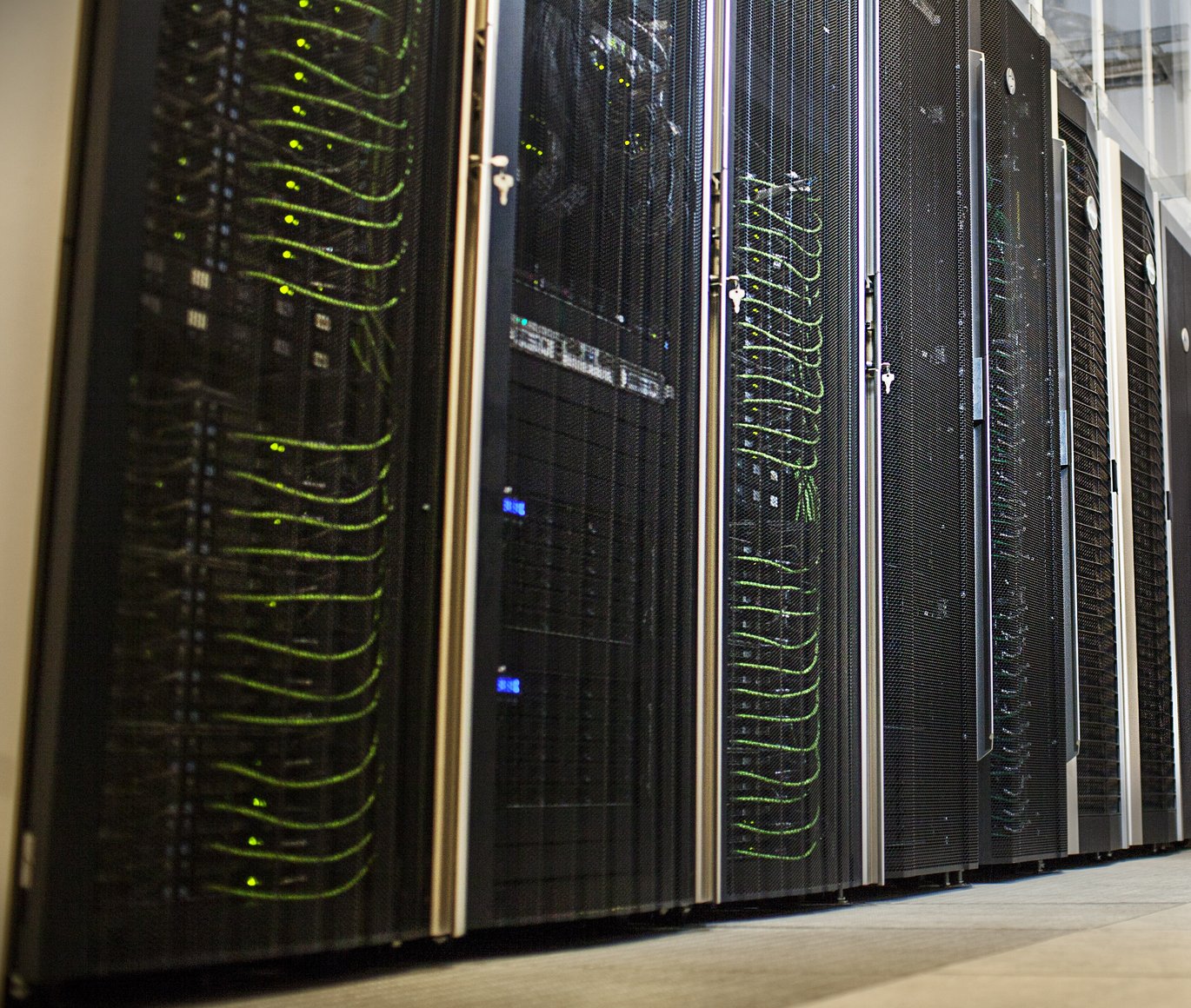Get extra computing power for your research project
Thanks to a national partnership between universities in Denmark, you can now apply for access to supercomputing power for your research project. DeiC will allocate this access in the autumn, and the deadline to apply is 4 October.

Regardless of their subject, researchers can now apply for a share in supercomputing power – known as High Performance Computing (HPC) – which makes it possible to perform calculations and process data at a speed and on a scale not possible on an ordinary computer.
DeiC – the Danish e-infrastructure Cooperation – is responsible for coordinating the use of these national HPC resources. One of the researchers who has benefitted from extra computer power is PhD student at the Interacting Minds Centre, Arts, Kenneth Enevoldsen. As principal investigator in the Danish Foundations Models project, he used HPC resources to build algorithm models that can be used for language analysis, document searches and speech recognition. More specifically, these models were employed to investigate the spread of conspiracy theories during the Corona crisis.
By using HPC resources, members of the research project can develop algorithm models that both provide academic insight and push the boundaries for Danish open-source language technology. In other words, this technology can benefit both research and industry.
"The HPC resources can make a huge difference to research projects, particularly for early career researchers, who can use these resources to work with state-of-the-art computing models that would otherwise lie beyond the budget of most PhD students and postdocs," says Kenneth Enevoldsen.
Get help applying for resources
Brian Vinter, vice-dean for research at TECH and member of the DeiC steering committee, encourages all researchers with relevant projects to apply for HPC resources.
“This is a really good opportunity to get access to computing power that reaches far beyond that which individual universities can offer. It is important that researchers at AU make the most of the opportunities offered by national and international initiatives like these. For example, a researcher from the Department of Chemistry has spent more hours on the international HPC computer LUMI than all the other researchers in Denmark put together,” he says.
But what does it take to be considered for a share in HPC resources? What are your specific HPC needs? And how should you target your application? These are some of the questions you may be asking yourself. At AU’s HPC front office, you can get help with the application procedure and support to find the right HPC solution for your individual project.
Next deadline is 4 October
DeiC currently has an active call whereby researchers and Master’s degree students can apply for HPC resources at national HPC facilities.
The deadline to submit applications in this round is 4 October, and both DeiC’s and AU’s front offices are ready to help you with the application process.
More information
See DeiC’s webpage on the current call for access to computer power at national HPC facilities.
You can also visit AU’s page on access to HPC calculation resources.
If you need help, you are welcome to contact AU’s front office at deicfrontoffice@au.dk
Facts
- Two of the national HPC centres are located at AU: HPC1 and HPC2, led by Kristoffer Laigaard Nielbo and Dan Ariel Søndergaard respectively.
- AU also has a share of the international supercomputer LUMI.